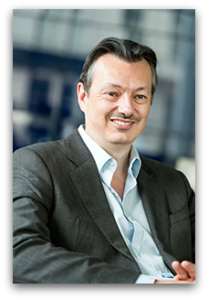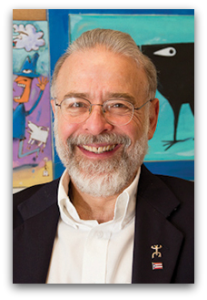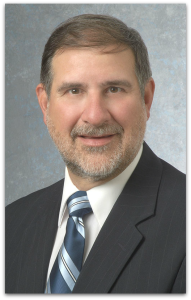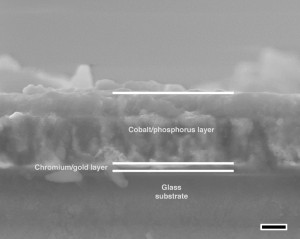Elon Musk has just announced the new Tesla Energy division, which aims to move the energy grid away from dependency on fossil fuels and toward renewables.
The new line features a suite of rechargeable lithium-ion batteries—similar to the batteries used in the Tesla vehicles—for homes, businesses, and utilities. The company states that the battery can store renewable energy at a residential level for load shifting, backup power, and self-consumption of solar power generation.
During his announcement, Musk stated that this move could help change the “entire energy infrastructure of the world.”
To put this into perspective, an energy comparison firm estimates that 1kWh can produce enough power for a full washing machine cycle.
Tesla hopes that this new line of batteries gets us closer to zero emission power generation and fosters a clean energy ecosystem.








